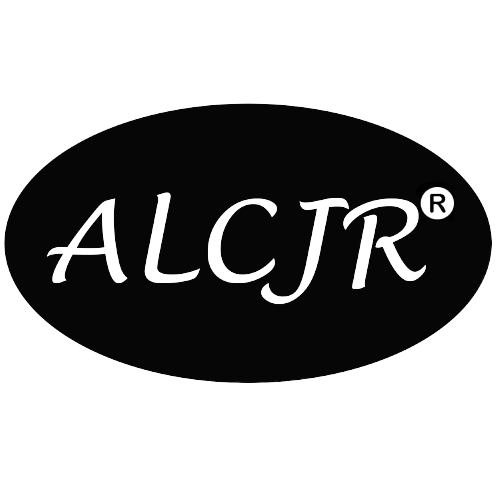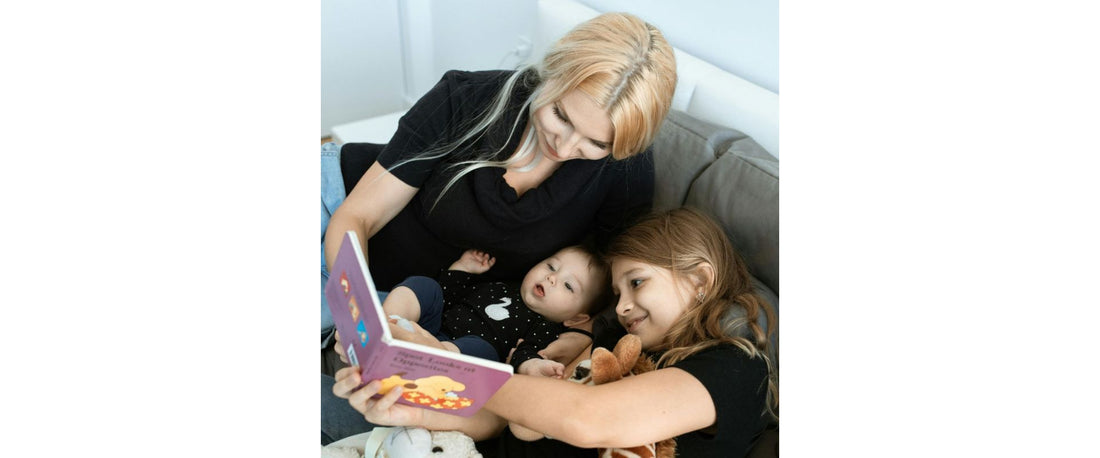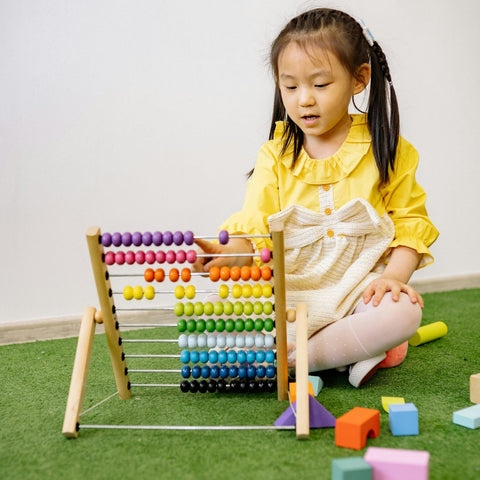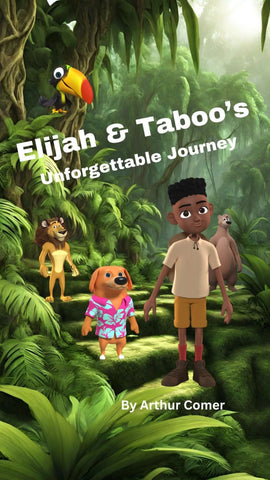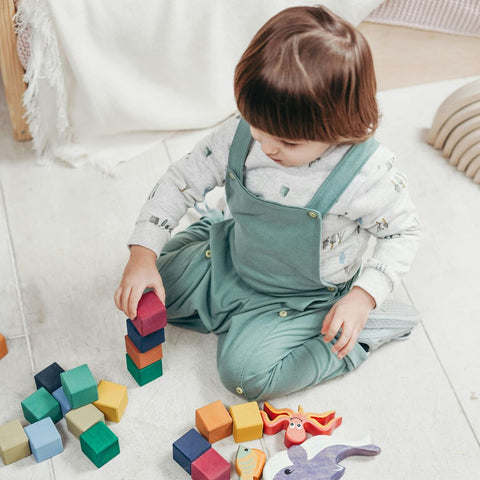When you make purchases from the various vendors with whom
Are you looking to give your child the best start in life? One powerful way to do just that is by focusing on early literacy skills. Research shows that developing strong literacy skills at a young age can have a profound impact on a child's academic success and cognitive development. In this article, we will explore the benefits of early literacy, including building vocabulary, improving reading comprehension, enhancing critical thinking, and fostering a love for learning. By prioritizing early literacy in your child's life, you are paving the way for future success both in and out of the classroom. Let's dive in and unlock your child's full potential together.
|
Building Vocabulary from an Early Age
One key aspect of early literacy that plays a significant role in a child's overall development is the building of vocabulary from an early age. By exposing children to a wide range of words and language patterns through reading, conversations, and storytelling, parents and caregivers can help expand their vocabulary and language skills. This early exposure not only helps children communicate effectively but also lays the foundation for strong reading comprehension skills later in life. As we continue to explore the benefits of early literacy in this article, we will delve deeper into how building vocabulary from an early age sets the stage for improved reading comprehension in children. |
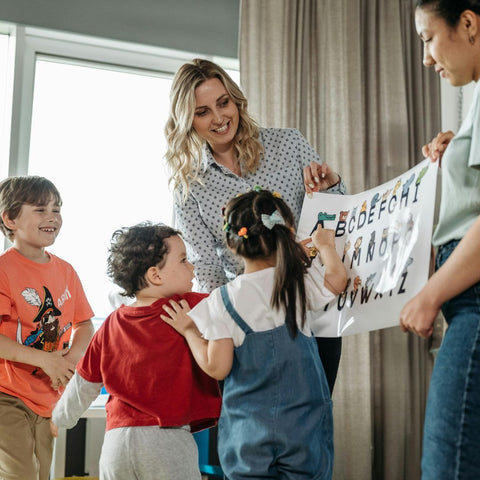 |
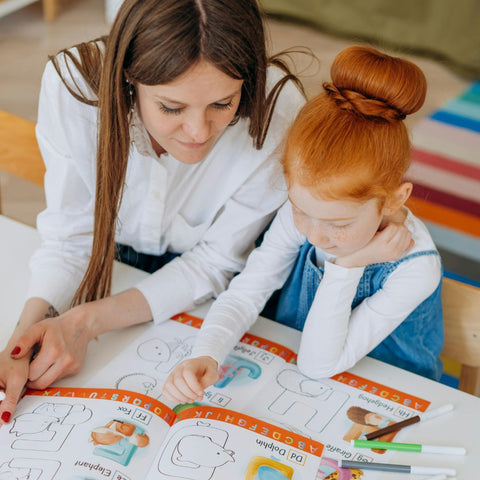 |
Improving Reading Comprehension Skills Another crucial aspect of early literacy is improving reading comprehension skills. Reading comprehension is the ability to understand and interpret what you read, which is essential for success in academics and beyond. By exposing children to a variety of texts and encouraging them to ask questions, make connections, and summarize what they have read, parents and caregivers can help enhance their reading comprehension abilities. As children develop stronger reading comprehension skills, they are better equipped to analyze, evaluate, and interpret information, setting the stage for enhanced critical thinking abilities in the future. |
|
Enhancing Critical Thinking Abilities Additionally, early literacy plays a significant role in enhancing critical thinking abilities in children. By engaging with different types of literature, young readers are encouraged to think critically about the content they encounter. Through asking questions, making connections, and analyzing information, children can develop their ability to think deeply and draw meaningful conclusions. As they grow and continue to hone their critical thinking skills through reading, they will be better equipped to tackle complex problems and make informed decisions in the future. This foundation of critical thinking is essential for fostering a love for learning in children, as it allows them to approach new ideas and information with curiosity and an open mind. |
|
|
Unlike printed books, vBooks (Video Books) are cost-effective, portable and convenient. They also offer several options, accessibility features, and multimedia elements not available with printed books. Digital books make the learning experience more interactive and engaging. |
Elijah & Taboo's Unforgettable Journey - A tail of a boy and his trusty dog who wandered away from his family's campsite and got lost in the jungle. In their effort to find their way back they came across friendly animals that had the ability to talk. These animals all contributed to the success of Elijah and Taboo returning safely to the camp and their parents. FREE Download! Click here 8.23 Minutes in Duration
|
|
|
Fostering a Love for Learning Furthermore, fostering a love for learning is crucial in a child's development and early literacy is a key component in accomplishing this. When children are exposed to the joys of reading and learning at a young age, they are more likely to develop a positive attitude towards education. By instilling a passion for learning early on, children are motivated to seek out new knowledge and explore the world around them. This intrinsic motivation not only enhances their academic performance but also nurtures a lifelong love for learning. As children grow and expand their literacy skills, they will continue to discover the endless possibilities that come with a curious and inquisitive mind. Ultimately, fostering a love for learning through early literacy sets the stage for a lifetime of exploration, growth, and fulfillment. |
Are you looking for engaging and educational activities to keep your preschooler entertained at home? Look no further! Let’s explore five interactive and fun ways to promote cognitive and physical development in your little one. From sensory play ideas to outdoor adventures, arts and crafts projects, educational games and puzzles, and music and movement activities, these activities are sure to keep your child engaged and learning. So, let's dive in and discover how you can make learning fun and interactive for your preschooler!
Sensory Play Ideas
For sensory play ideas, you can create a sensory bin filled with items like rice, pasta, or beans for your preschooler to explore different textures and develop their fine motor skills. You can also set up a sensory table with water, sand, or shaving cream for a fun and messy sensory experience. These activities will not only keep your child entertained but also aid in their sensory development. After engaging in these tactile experiences, take your preschooler outdoors for some fresh air and exploration.
Outdoor Adventures
Another great way to keep your preschooler engaged at home is by taking them on outdoor adventures. Whether it's a nature walk in the park, a scavenger hunt in the backyard, or simply playing with sidewalk chalk on the driveway, spending time outdoors can help boost your child's creativity and physical development. After exploring the great outdoors, your little one will be ready to dive into some arts and crafts projects to channel their newfound inspiration.
Arts and Crafts Projects
After exploring the great outdoors, your little one will be ready to dive into some arts and crafts projects to channel their newfound inspiration. Get out the construction paper, glue, scissors, and paint to let your preschooler's imagination run wild. From creating colorful collages to making handprint animals, there are endless possibilities for fun and educational activities. Arts and crafts projects not only foster creativity and fine motor skills but also provide a great opportunity for bonding and quality time together. So, grab your supplies and get ready to make some masterpieces with your little artist!
This creative outlet will also set the stage for the next engaging activity: Educational Games and Puzzles.
Educational Games and Puzzles
This creative outlet will also set the stage for the next engaging activity: Educational Games and Puzzles. Challenge your preschooler's mind with puzzles that promote problem-solving skills and critical thinking. From simple shape sorting games to more complex jigsaw puzzles, there are options available for every skill level. Additionally, educational games like matching cards or memory games can help enhance memory and cognitive abilities. Engaging in these activities with your child not only provides valuable learning opportunities but also strengthens your bond through shared experiences. After stimulating their brains with games and puzzles, it's time to get moving with some Music and Movement Activities.
Music and Movement Activities
After stimulating their brains with games and puzzles, it's time to get moving with some Music and Movement Activities. Encourage your preschooler to express themselves through dance and music. Play their favorite songs or introduce them to different genres and encourage them to dance along. This will not only get them up and moving but will also help improve their coordination and motor skills. You can also incorporate musical instruments or make DIY shakers using rice and empty containers for a fun music-making experience. Engaging in these activities will not only keep your preschooler entertained but will also help them develop their creativity and expression. As you bond over these shared experiences, you are creating memories that will last a lifetime.
In conclusion, early literacy is a powerful tool that can shape your child's future success. By focusing on building vocabulary, improving reading comprehension, enhancing critical thinking, and fostering a love for learning, you are laying the foundation for their academic and cognitive growth. In the words of Dr. Seuss, "The more that you read, the more things you will know. The more that you learn, the more places you'll go." So, encourage a love for reading and language development in your child to unlock their full potential. Start today and watch them soar beyond expectations.
Check Out My Collection of FREE Children's Video Books
